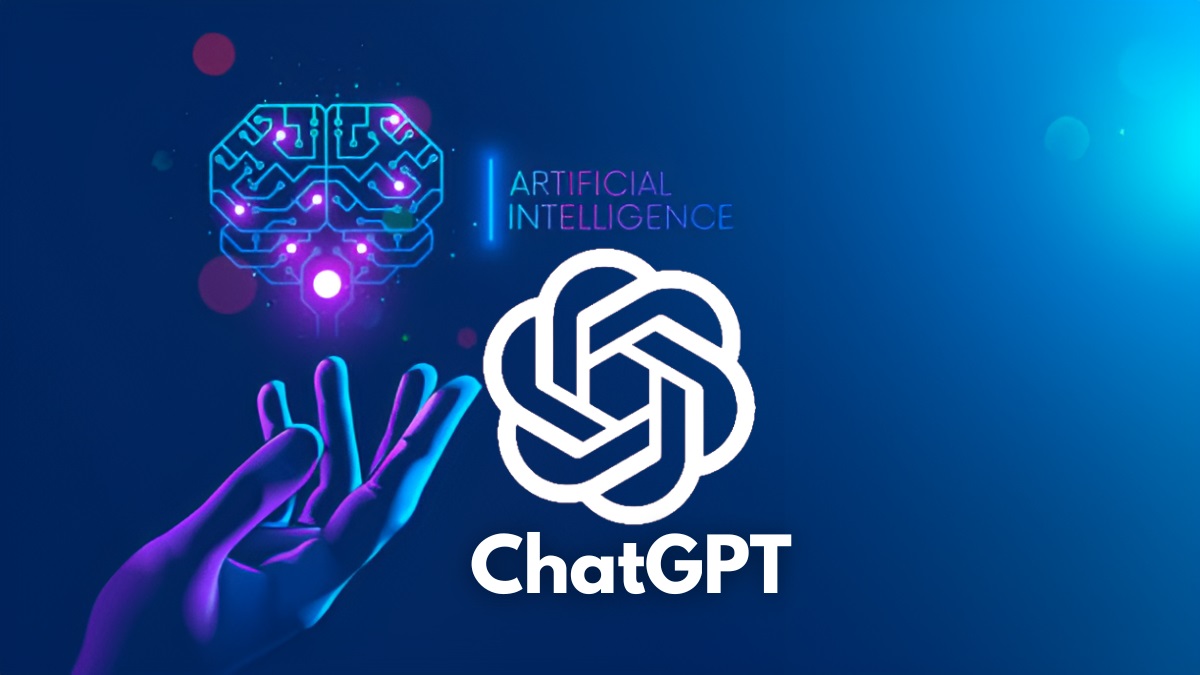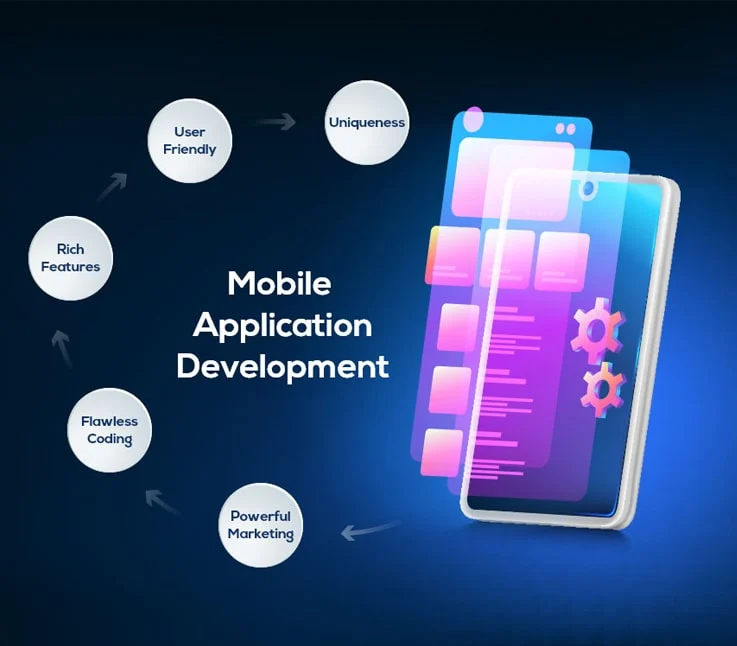
The Rise of Artificial Intelligence: Exploring its Impact on Various Industries
Before we explore its impact on industries, let's establish a common understanding of what artificial intelligence entails. AI refers to the simulation of human intelligence processes by machines, typically through the use of algorithms and data. These algorithms enable machines to perform tasks that traditionally required human cognitive abilities, such as learning, problem-solving, perception, and language understanding.
1. Introduction to The Rise of Artificial Intelligence: Exploring its Impact on Various Industries
Introduction to The Rise of Artificial Intelligence: Exploring its Impact on Various Industries
Artificial Intelligence (AI) has emerged as one of the most transformative technologies of the 21st century, revolutionizing the way we live, work, and interact. From personalized recommendations on streaming platforms to autonomous vehicles navigating city streets, AI is permeating virtually every aspect of our daily lives. In this blog, we'll delve into the rise of artificial intelligence and examine its profound impact across a diverse array of industries.
Understanding Artificial Intelligence
Before we explore its impact on industries, let's establish a common understanding of what artificial intelligence entails. AI refers to the simulation of human intelligence processes by machines, typically through the use of algorithms and data. These algorithms enable machines to perform tasks that traditionally required human cognitive abilities, such as learning, problem-solving, perception, and language understanding.
Key Components of AI
- Machine Learning: A subset of AI, machine learning involves training algorithms to recognize patterns in data and make predictions or decisions without explicit programming.
- Deep Learning: Deep learning is a subset of machine learning that utilizes neural networks with multiple layers to extract high-level features from raw data, enabling more complex learning and decision-making.
- Natural Language Processing (NLP): NLP focuses on enabling machines to understand, interpret, and generate human language, facilitating interactions between humans and computers through speech or text.
- Computer Vision: Computer vision enables machines to interpret and analyze visual information from the real world, enabling applications such as image recognition, object detection, and facial recognition.
Impact of AI on Various Industries:
1 Healthcare:
- Diagnosis and Treatment: AI-powered diagnostic systems can analyze medical images, patient data, and genetic information to assist healthcare professionals in diagnosing diseases and planning treatment strategies
- Drug Discovery: AI algorithms are accelerating the drug discovery process by predicting the efficacy and safety of potential drug candidates, leading to faster development and reduced costs.
- Remote Patient Monitoring: AI-enabled wearable devices and sensors can continuously monitor patients' vital signs and health metrics, enabling early detection of health issues and personalized interventions.
- Fraud Detection: AI algorithms can analyze large volumes of financial transactions in real-time to identify patterns indicative of fraudulent activity, helping financial institutions detect and prevent fraud.
- Algorithmic Trading: AI-powered trading algorithms can analyze market data, news, and trends to execute trades at optimal times and prices, enabling faster decision-making and improving investment outcomes.
- Customer Service: AI chatbots and virtual assistants can provide personalized assistance to customers, answering inquiries, resolving issues, and even recommending financial products based on individual preferences and behaviors.
- Predictive Maintenance: AI-driven predictive maintenance systems can analyze equipment sensor data to forecast potential failures and schedule maintenance activities proactively, minimizing downtime and optimizing production efficiency.
- Quality Control: Computer vision algorithms can inspect products on the production line for defects or deviations from quality standards, ensuring consistent product quality and reducing waste.
- Supply Chain Optimization: AI algorithms can analyze supply chain data to optimize inventory management, demand forecasting, and logistics, reducing costs and improving overall efficiency.
- Personalized Recommendations: AI-powered recommendation engines can analyze customer preferences, purchase history, and browsing behavior to provide personalized product recommendations, enhancing the shopping experience and driving sales.
- Inventory Management: AI algorithms can optimize inventory levels, predict demand fluctuations, and automate replenishment processes, ensuring that retailers have the right products available at the right time.
- Visual Search: Visual search technology powered by AI enables customers to search for products using images rather than text, streamlining the product discovery process and increasing conversion rates.
- Autonomous Vehicles: AI algorithms power self-driving cars and trucks, enabling them to perceive their environment, navigate routes, and make real-time driving decisions without human intervention.
- Traffic Management: AI-based traffic management systems can analyze traffic flow data, optimize signal timings, and predict congestion patterns to alleviate traffic congestion and improve overall transportation efficiency.
- Ride-Sharing and Delivery Services: AI algorithms optimize route planning, driver allocation, and pricing strategies for ride-sharing and delivery services, improving service reliability and reducing wait times for customers.

Future Directions and Challenges:
While the impact of AI on various industries is undeniable, the technology also presents significant challenges and considerations, including:
- Ethical and Privacy Concerns: AI raises ethical questions regarding algorithmic bias, data privacy, and the potential misuse of AI-powered technologies.
- Skills Gap: The widespread adoption of AI requires a workforce with expertise in AI-related fields such as data science, machine learning, and computer programming, highlighting the need for education and training initiatives.
- Regulatory Frameworks: Policymakers face the challenge of developing regulatory frameworks that balance innovation and safety, ensuring that AI technologies are deployed responsibly and ethically.
The rise of artificial intelligence is reshaping industries, driving innovation, and transforming the way we work, live, and interact. From healthcare and finance to manufacturing, retail, and transportation, AI is revolutionizing processes, enhancing efficiency, and unlocking new opportunities for growth and advancement. As we navigate the opportunities and challenges posed by AI, it's essential to prioritize ethical considerations, invest in education and training, and collaborate across sectors to realize the full potential of this transformative technology. With responsible stewardship and strategic investments, AI has the power to create a brighter, more prosperous future for society as a whole.





